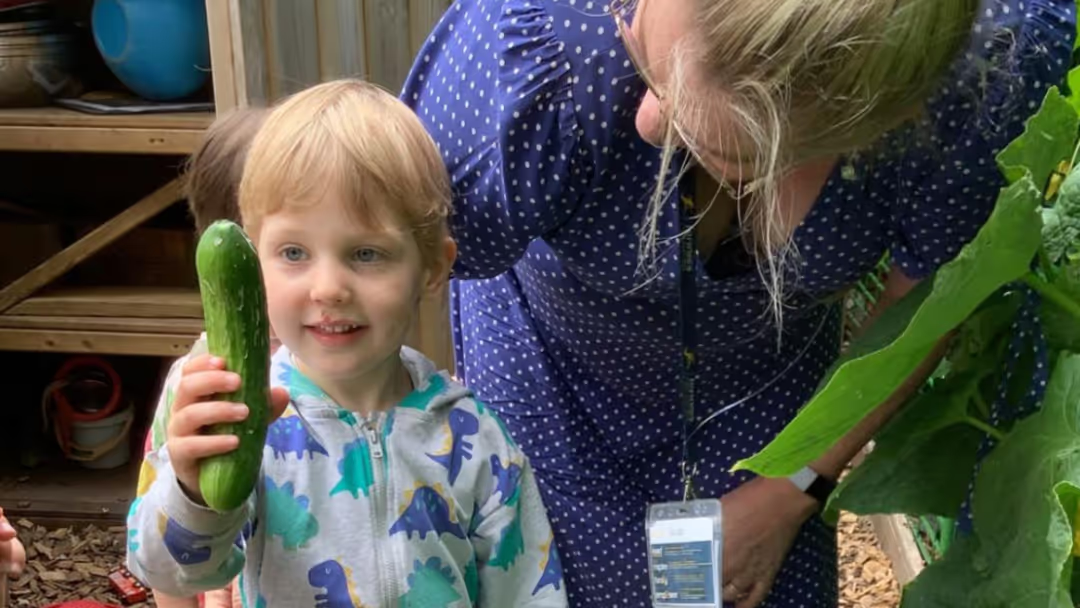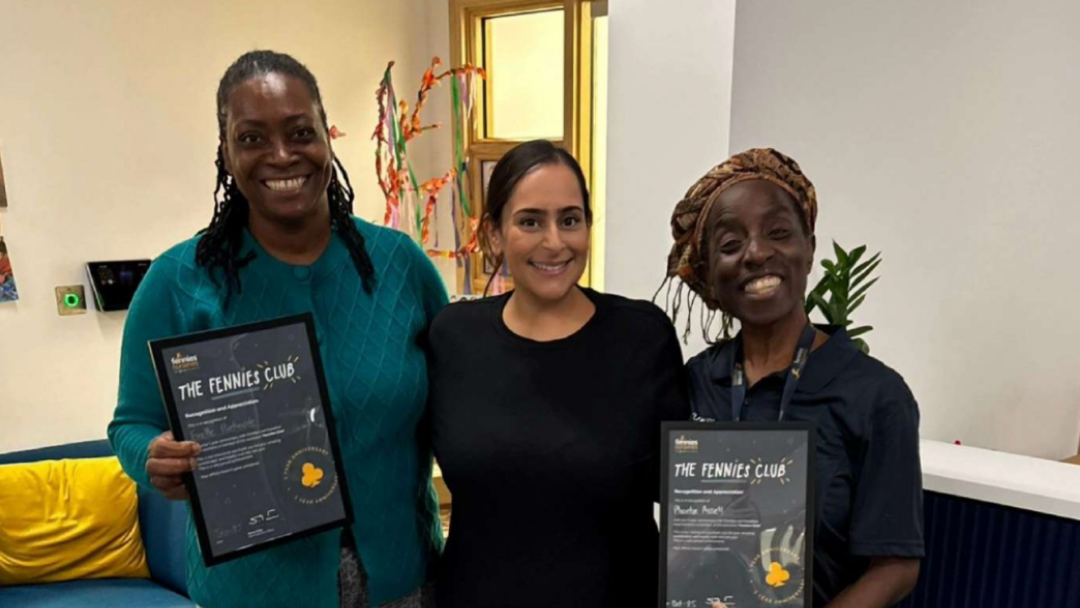Creating healthy eating habits in a child’s Early Years is essential for lifelong well-being, but the journey isn't always the smoothest. For many parents and carers, navigating picky eating habits can be a frustrating and puzzling experience. From food refusals to beige-only diets, picky eating is often a natural part of childhood development. However, understanding the underlying causes and learning how to create positive mealtime experiences can make a significant difference. Today we will explore:
- What Is Picky Eating
- Why Picky Eating Occurs
- How To Support Your Child With Their Eating
- Strategies To Promote Healthy Eating Habits
What Is Picky Eating?
Picky eating, also known as selective eating, food refusal, or fussy eating, is a common developmental phase for many children. It often involves refusing certain foods, showing a preference for a limited range of textures or colors, or fearing new foods (known as neophobia).It’s important to recognise that picky eating isn’t always about the food itself. Instead, it can reflect a child’s stage of learning to eat and their developmental readiness. Eating is a complex process that starts with drinking milk and progresses through a series of milestones like sitting upright, chewing, and swallowing. If a child isn’t developmentally prepared, they might reject certain foods or textures.
Why Does Picky Eating Happen?

Several factors can contribute to picky eating, including physical, sensory, and emotional influences.
Developmental Milestones
Children’s eating habits often evolve as they grow and develop. For instance, neophobia, or the fear of new foods, may occur as a protective instinct. Past experiences like choking or stomach pain from an allergy or intolerance can also lead to hesitancy with unfamiliar foods.
Sensory Overload
Eating is a multi-sensory experience, involving taste, smell, sight, and touch. If any of these senses are heightened, it can lead to food refusal. For example:
- Noisy or chaotic environments during meals.
- Overwhelming portions served on a child’s plate.
Pressure During Mealtimes
Placing expectations on children to finish their plate or withholding a second course unless a particular food is eaten can create stress and lead to negative eating experiences.
How to Support Picky Eaters

Though picky eating is often a normal stage of development, there are several ways to support your child and encourage healthier habits.
1. Create a Relaxed Mealtime Environment
A calm, structured environment can help children feel safe and willing to explore new foods. Keep mealtimes unrushed, and avoid pressuring your child to eat.
2. Offer Variety Without Pressure
Introduce new foods alongside familiar favourites, but serve small portions to reduce overwhelm. Remember that it can take more than 10 exposures for a child to accept a new food, so patience and consistency are key.
3. Maintain Clear Meal and Snack Boundaries
Structure is vital for developing healthy eating habits. Ensure that there is enough time between meals and snacks to allow your child’s appetite to grow. If they’re hungry, they’re more likely to try new or previously rejected foods.
Strategies for Positive Mealtime Language
The way we talk about food and eating can shape a child’s attitude toward meals. Instead of creating pressure, try using positive, encouraging language. For example:
- Instead of: “Why don’t you try the tomatoes?”
Say: “You can leave the tomatoes on the side if you don’t want to try them today.” - Instead of: “No pudding if you don’t eat your spaghetti.”
Say: “Are we finished here?”
Involve Children in Food Preparation

Engaging children in the process of meal preparation can help them feel more connected to their food and more willing to try it. Simple activities like setting the table, washing vegetables, or stirring ingredients provide opportunities to explore new foods in a low-pressure setting.Other ways to expose children to food include:
- Grocery Shopping: Let them pick out fruits and vegetables.
- Cooking Together: Encourage them to help with age-appropriate tasks.
At Fennies, we have dedicated cooking studios at multiple settings to help the children engage with cooking processes and help foster that connection with food. The young culinary experts often bake recipes such as healthy cakes, giving them that exposure to mathematical language, whilst also helping them develop their fine motor skills. Cooking studios are a great place for the children to immerse themself in the culinary world and help remove any worries they have surrounding food.
Be a Role Model
Children often mimic the eating habits of adults and older siblings around them. Show enthusiasm for trying new foods, and make mealtimes a family occasion where everyone eats the same meals. Your positive attitude can inspire your child to develop a healthy relationship with food.
Final Thoughts

Picky eating may be challenging, but it’s an opportunity to nurture a healthy relationship with food and establish lifelong habits. With patience, a calm environment, and supportive strategies, you can help your child explore and enjoy a variety of foods at their own pace. For more expert tips on Early Years development and nutrition, explore our helpful guides or book a nursery tour to see how we incorporate healthy habits into our day-to-day activities at Fennies Nurseries.
FAQ
Subscribe to our newsletter
Stay up to date with Fennies news










